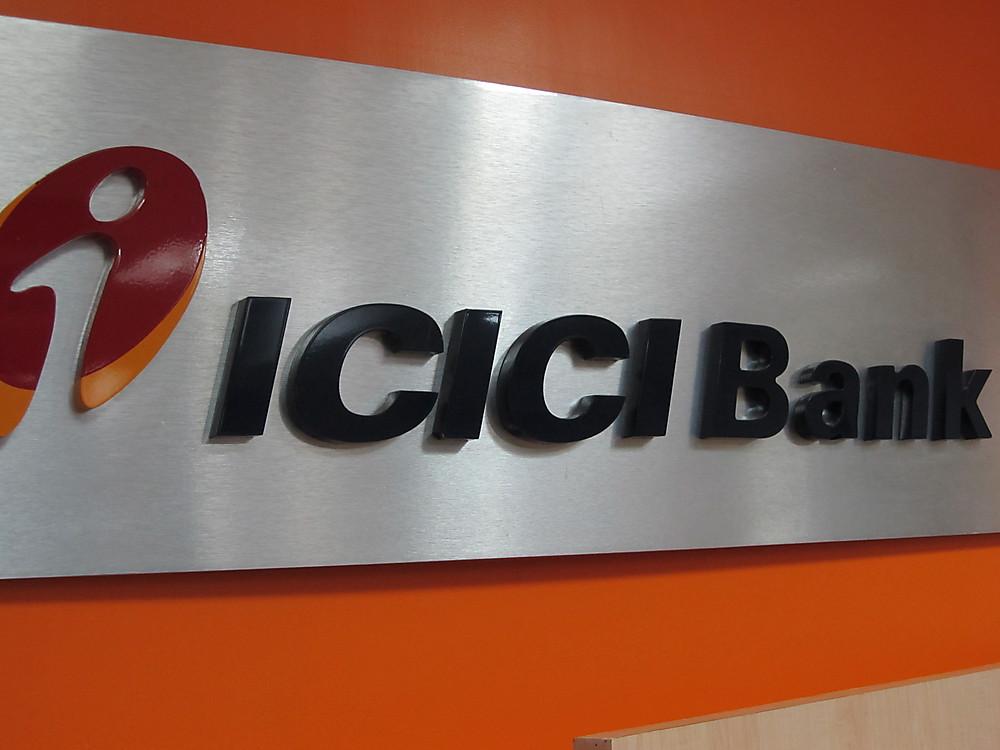Crisis in ICICI?
March 31, 2018 | Expert Insights

ICICI Bank is currently embroiled in controversy due to a Rs 3250 crore loan to the Videocon Group. It has been alleged that ICICI CEO and Managing Director Chanda Kochhar’s husband had business dealings with Videocon chairman Venugopal Dhoot, leading to a conflict of interest.
Background
ICICI Bank Ltd. is the third largest Indian bank and finance services company. ICICI stands for Industrial Credit and Investment Corporation of India. The company was founded in 1994 and is headquartered in Mumbai. The bank became a publicly listed company in 1998. Consequently, it became the first Indian company, and the first non-Japanese Asian bank to be listed on the New York Stock Exchange.
In the 2000s, ICICI Bank was officially merged with its finance subsidiaries, ICICI Personal Finances Services Limited, and ICICI Capital Services Limited, to form a single entity. In 2013, ICICI was one of many Indian banks accused of money laundering in the famous Cobrapost expose. 18 employees were suspended as a consequence. The company was fined for violating KYC (Know Your Customer) norms. As of March 2017, the bank had assets worth approximately Rs 9,800 billion ($152 billion). ICICI has over 4,800 branches and 14,000 ATMs across the country, as well as subsidiaries and branches in 11 countries. Chanda Kochhar is currently Managing Director and CEO of the bank.
The Videocon group was founded in 1979 by Venugopal Dhoot, who is also Chairman and Managing Director. The conglomerate deals in a number of areas as diverse as telecommunications, real estate, and oil. However, its primary area of business is consumer electronics.In January 2018, the State Bank of India initiated bankruptcy processes against Videocon.
Analysis
On Thursday, the Reserve Bank of India (RBI) announced that it was fining ICICI bank for prematurely selling securities under the held-to-maturity (HTM) category. ICICI had failed to adequately disclose these sales. As a result, the bank has been slapped with a penalty of Rs. 589 million ($9.04 million).
“This action is based on the deficiencies in regulatory compliance and is not intended to pronounce upon the validity of any transaction or agreement entered into by the bank with its customers,” RBI Chief General Manager Jose Kattoor stated in a press release announcing the fine.
ICICI Bank is also currently caught in scandal due to a possible conflict of interest. ICICI Bank’s Managing Director and CEO Chanda Kochhar is facing allegations that she favoured the Videocon Group for a Rs 3,350 crore loan in 2012. Videocon has become a non-performing asset.
The Chairman of the Videocon Group, Venugopal Dhoot, has business ties with Chanda Kochhar’s husband Deepak Kochhar. According to the Indian Express investigation into the issue, as well as a whistle-blower report, Videocon was a major investor in Deepak Kochhar’s wind energy company, NuPower Renewables. As Chanda Kochhar was on the credit committee that authorised the loan to Videocon, there have been questions about whether the loan was quid pro quo.
The ICICI bank board has defended the CEO and dismissed claims of conflict of interest and nepotism. “The board desires to clarify that none of the investors of NuPower Renewables are borrowers of ICICI Bank,” the bank said. The board noted that ICICI bank was part of a consortium of banks which provided the loan, and that ICICI constituted approximately 10% of the consortium. “No individual employee, whatever may be his or her position, has the ability to influence the credit decision at the Bank,” Chairman M.K. Sharma said in a statement.
V.G. Kannan, CEO of the Indian Banks’ Association, stated his belief that ICICI’s statement “appears to be very much in order.” However, independent analyst Hemindra Hazari told Bloomberg, “although this is boilerplate template, it looks straightforward and robust, in the real world, unfortunately, this is not how banking operates. There are definitely ways and means by which if a CEO wants to push a loan, they can bypass all these systems.”
The Securities and Exchange Board of India (SEBI) has begun investigating the issue.
Assessment
Our assessment is that this scandal has the potential to shake consumer trust in one of India’s largest banks. The recent Nirav Modi-Punjab National Bank controversy may have helped shine the spotlight on fraud in the banking sector. We believe that while these allegations have yet to be formally investigated, it is essential to establish more effective means to tackle corporate misgovernance in India.








Comments